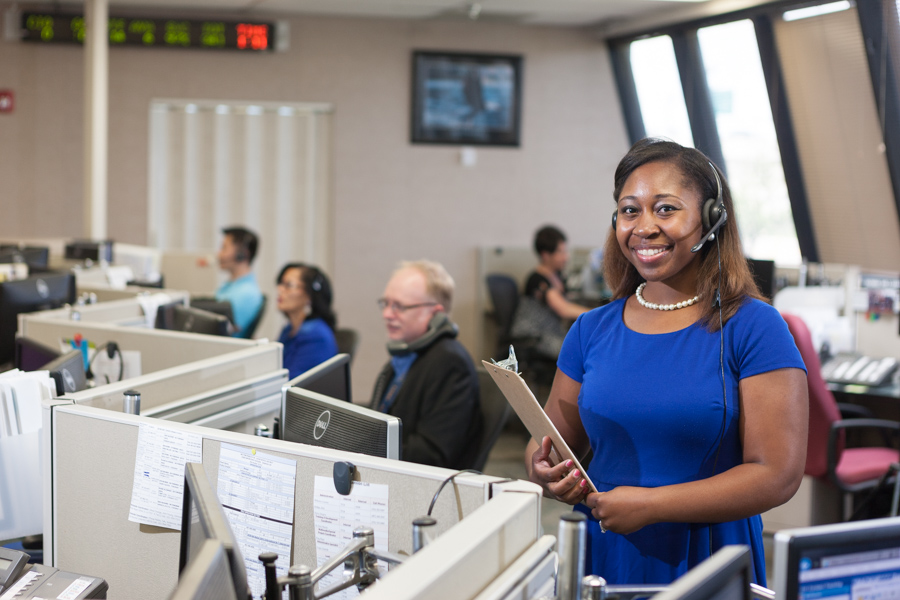A small, but concrete piece for re-imagining public safety that can respond effectively to true community needs

Most of my June 2020 newsletter was dedicated to addressing police accountability issues in the wake of the protests following the police killings of George Floyd and the painfully long history of misconduct and institutional racism negatively impacting countless Black, Indigenous, and People of Color (BIPOC). Those challenges remain a priority focus of City Hall as we consider major new policies and actions. For more on that important issue, please CLICK HERE.

In reviewing the recent data on 9-1-1 calls showing approximately half of those calls are NOT emergencies involving potential crimes, it became clear to me that we need to implement something I have been advocating for years: a 3-1-1 Call Center open 24/7 to handle non-emergency calls. These 3-1-1 Call Centers have been working effectively for millions of residents in other big cities across our nation. It’s simply not effective or fiscally responsible to require highly paid, armed police officers to respond to every type of call received on 9-1-1. Here’s what I wrote in Crosscut in 2017:
“Activate a 3-1-1 Call Center Available 24/7. Do what has worked well for more than a decade in cities from San Francisco to Chicago to New York: enable people to dial an easy-to-remember phone number (3-1-1) to request city services and report concerns, from potholes to policies. The City’s Customer Service Bureau is available ONLY on weekdays and Councilmember office hours for constituents are scant or inconsistent. Few can remember the City’s non-emergency phone number and it provides only minimal services. While the “Find It Fix It” technology works for some, a 3-1-1 Call Center open 24/7 will enable residents without access to fancy iPhones to receive the best customer service. A 3-1-1 Call Center will also make our communities safer by reducing the number of non-emergency calls to 9-1-1 operators. City managers and Councilmembers could use the 3-1-1 software system to track responsiveness and results for their constituents.”
Other success stories for 311 Call Centers: Boston, Denver, Philadelphia, Washington D.C., and at least 75 other major cities.
Creating a robust 3-1-1 Call Center is certainly NOT anywhere close to a solution for our police accountability problems, but it is a partial answer to provide safer, more appropriate responses to residents who request help from their city government. When some folks say, “De-fund” the police,” a 3-1-1 Call Center provides some structure for how we might operationalize that aspirational goal in a way that provides customer service to our residents and community wellness tailored to community needs to supplement 9-1-1. It’s Time for 3-1-1.
For my previous newsletter that covers more facets of the need to re-imagine public safety, please CLICK HERE.

